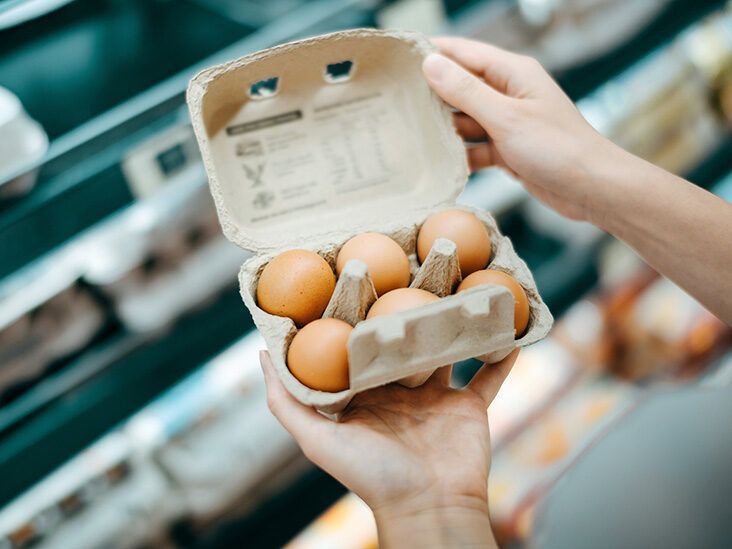
How to Store and Enjoy Specialty Foods Properly
- 0
Specialty foods are a delightful indulgence, whether you are a food connoisseur or just someone who enjoys trying new flavors. From artisanal cheeses to small-batch chocolates, specialty foods often come with a higher price tag due to their unique ingredients and production methods. To truly savor these culinary treasures, it is essential to store and handle them properly. Here are some tips to help you preserve the quality and flavor of your specialty foods:
Choose the Right Storage Container
When it comes to storing specialty foods, the right container can make all the difference. Opt for airtight containers or packaging that will protect your food from exposure to air, moisture, and light. Glass jars, vacuum-sealed bags, and tin cans are all excellent options for storing specialty foods and retaining their freshness.
Store in a Cool, Dark Place
Specialty foods are often more delicate and susceptible to spoilage than regular pantry items. To extend the shelf life of your specialty foods, store them in a cool, dark place away from direct sunlight and heat sources. A pantry or cupboard that maintains a consistent temperature is ideal for preserving the flavor and quality of your specialty foods.
Monitor the Expiration Date
Unlike processed foods, specialty foods do not contain preservatives or additives to extend their shelf life. It is essential to pay attention to the expiration date or best-by date on your specialty foods and consume them before they go bad. While some specialty foods, such as cured meats and aged cheeses, can last for several weeks or months if stored properly, others like fresh truffles or delicate pastries have a shorter shelf life and should be enjoyed promptly.
Avoid Mixing Strong Flavors
When storing specialty foods, be mindful of strong odors that can transfer to other items in your pantry. Keep pungent cheeses, cured meats, and spices in separate containers or compartments to prevent cross-contamination and preserve the unique flavors of each specialty food. This also applies to storing foods with delicate flavors that can be easily overwhelmed by other ingredients.
Handle with Care
Specialty foods are often handcrafted with meticulous attention to detail, so it is essential to handle them with care to prevent damage or spoilage. Avoid crushing, crushing, or mishandling delicate specialty foods like truffles, delicate pastries, or fragile chocolates. When transporting specialty foods, use insulated bags or containers to protect them from temperature changes and rough handling.
Enjoy in Moderation
While it can be tempting to devour an entire wheel of artisanal cheese or a box of gourmet chocolates in one sitting, specialty foods are best enjoyed in moderation. Savor each bite and appreciate the craftsmanship and care that went into creating these delectable treats. Share your specialty foods with friends and family to create memorable culinary experiences and spread the joy of fine dining.
Conclusion
Specialty foods are a luxury worth savoring, but they require proper storage and handling to preserve their flavor and quality. By choosing the right storage containers, storing specialty foods in a cool, dark place, monitoring expiration dates, avoiding mixing strong flavors, handling with care, and enjoying in moderation, you can make the most of your culinary treasures. Treat yourself to the finest specialty foods and elevate your dining experience with these simple tips for storing and enjoying them properly.

